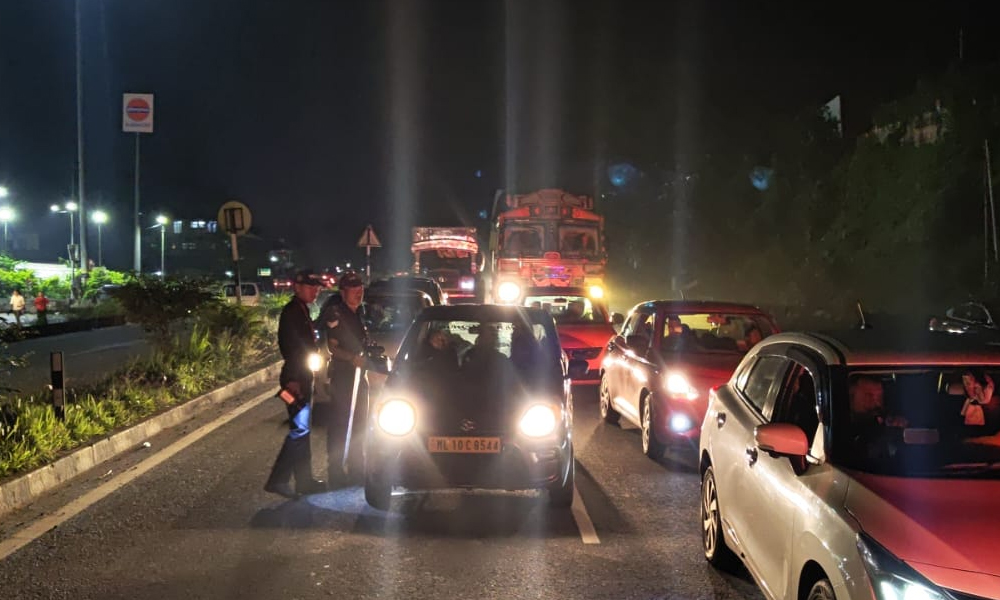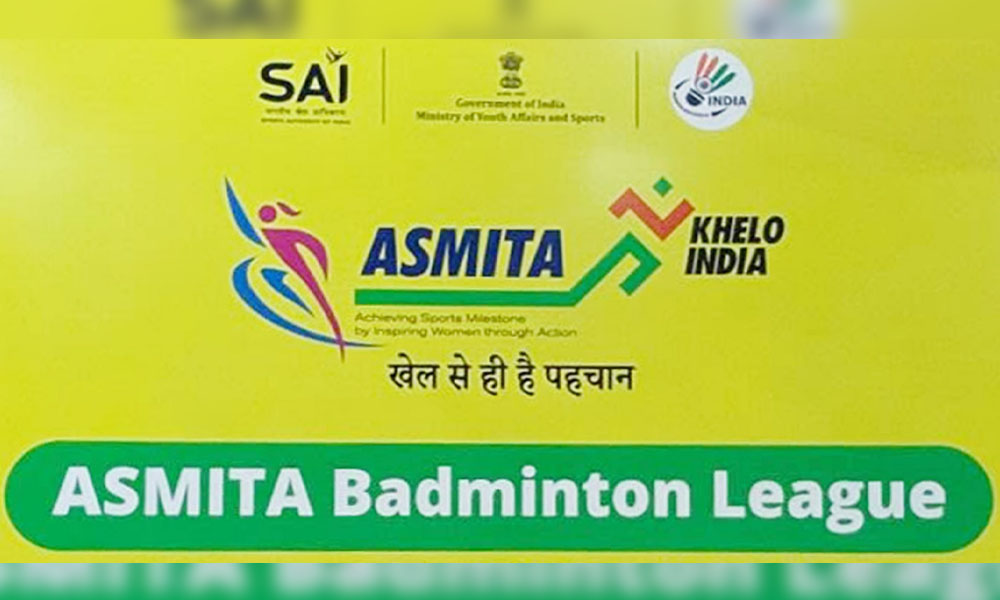The Google-backed Android operating system is the most popular mobile OS globally, accounting for over 70% of the market share...
Digital Desk: Millions of consumers in India are currently using smartphones running Android operating systems such as the Samsung Galaxy, OnePlus, Oppo, Vivo, and Xiaomi. The Google-backed Android operating system is the most popular mobile OS globally, accounting for over 70% of the market share. With Google bringing more features to Android with each update, users don’t just use phones for calls and messages. Smartphones are now among the most often used devices for banking, photography, online meetings, and other purposes. Due to this, these devices store some of your most sensitive information. Google releases security upgrades for its devices, apps, and operating system on a regular basis to protect users' sensitive information. Although tech companies encourage customers to run the most recent version of OS to have a more secure and feature-rich experience, some users prefer to use older versions of OS owing to hardware limitations and simplicity of use; nonetheless, it is important to note that earlier versions of OS are easier to exploit. A few such flaws have been discovered in the Android operating system, prompting the Indian government to issue a warning to owners of the Samsung Galaxy, OnePlus, Oppo, Vivo, Xiaomi, Realme, and other Android smartphones users
According to the Indian Computer Emergency Response Team (CERT-In), under the Ministry of Electronics and Information Technology, various vulnerabilities in Android OS have been disclosed, which might allow a local attacker to collect sensitive information, gain elevated privileges, and create a denial of service on the targeted system. The vulnerability will affect smartphone users running Android OS versions 10, 11, 12, 12L, and 13.
According to CERT-In, these vulnerabilities exist in Android OS owing to defects in the Framework, Media Framework, System Component, Google Play System Updates, Kernel, MediaTek components, Unisoc components, Qualcomm components, and Qualcomm closed-source components. Successful exploitation of these vulnerabilities could allow the attacker to collect sensitive information, gain elevated privileges, and create a denial of service on the targeted system.
To avoid being duped, apply appropriate updates as soon as they are made available by the respective OEMs.























